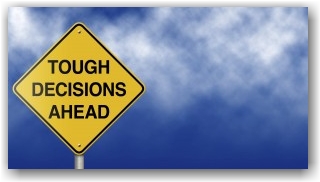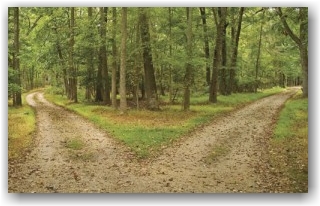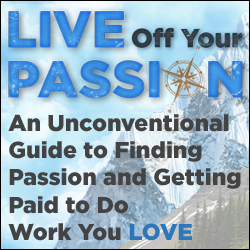We’ve been talking about decision making, specifically how to make good decisions, here at Life Compass. Last time, I shared 7 strategies to help you increase your chances for success in the decision making process.
But, what if it’s too late, because you’re already in a tough situation? Or what if, despite your best efforts in the decision making process, you end up with a decision that goes awry, or discover you made the wrong choice? Perhaps it’s because you made a mistake in how you implemented the decision. Or maybe it is due to external factors or unintended consequences? [Read more…]




Connect With Us